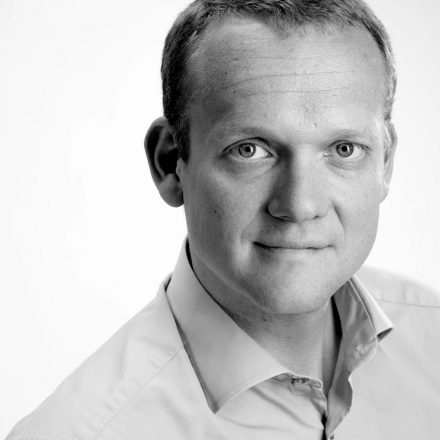The Munich-based startup knooing was founded in Munich in August 2013 by the graduate engineer in microelectronics Carsten Hochschon. With its digital platform, knooing helps users find the perfect IT partners. The interdisciplinary team — consisting of IT specialists, business consultants, academics, economists and psychologists — helps medium-sized and large companies find solutions to solve their complex IT needs.

The fact that knooing is active in an extremely competitive market is well known to Carsten Hochschon and his team. Nonetheless, the company is confident:
“We feel certain at knooing that we can make better matches [than our competitors] as a neutral intermediary supported by algorithms and human expertise,”
commented Hochschon. He explained that selecting the proper IT partner has a strong impact on whether an IT project will be completed successfully or ultimately fail. This is where Hochschon sees knooing’s core competence, since users often have a difficult time finding the right partner.
“IT – Made in Germany” is underselling itself
“There are so many hidden champions in the industry with great ideas and solutions. In terms of development, German IT companies are in no way inferior to those in the US. Yet there are weaknesses in distribution and marketing – German companies often undersell themselves.”
That is why the platform aims to promote “IT – Made in Germany” and to help improve its reputation. That of course involves overcoming a few obstacles. For example, it is a major challenge to give
“the ‘analog’ human factor just as much importance as technical innovation when it comes to digital transformation,”
said Carsten Hochschon. The knooing founder mentioned that an entrepreneur’s patience is also put to a very tough test. This particularly applies to surviving lengthy decision-making processes conducted by both the users and providers. To meet everyone’s needs, the young Munich-based company requires several ingredients for success. Those that Carsten Hochschon finds particularly important are:
- Flexibility and agility
- The knooing community
- Enthusiasm and motivation
Taking over a market worth billions
So what does their business model look like? With knooing, providers pay a fixed fee (access fee) to be represented on the platform. They also pay an additional transaction fee when a contract is established. The knooing consultants help interested clients define their planned project. A semi-automated process then searches the databank to determine which providers are a good match. Knooing takes care of business relations after a contract is established and acts as a mediator if problems arise.
So what do the bare numbers tell us? Hochschon said:
“As a young company, we cannot expect things to take off too quickly, but we did complete our 2016 business year with a turnover of roughly 750,000 euros, and we expect an increase in turnover of more than one million euros for the current business year.”
And it looks like that will only be the beginning for knooing. After all, they are active in a market worth billions, as Hochschon commented, which has not been tapped into digitally yet.
“All of the advantages offered by a bustling metropolis”
The knooing team is convinced that Munich is an excellent city for tapping into just that market. They consider Munich — in addition to the obvious advantages of a high standard of living — the ideal location for their company:
“Munich is one of the most beautiful cities in the world and offers a unique combination of people and cultures. [The city] unites all of the advantages offered by a bustling metropolis with motivated individuals and a gorgeous surrounding area. From an economic point of view, it is also a powerful location with interesting companies, many global players and an innovative startup scene.”
